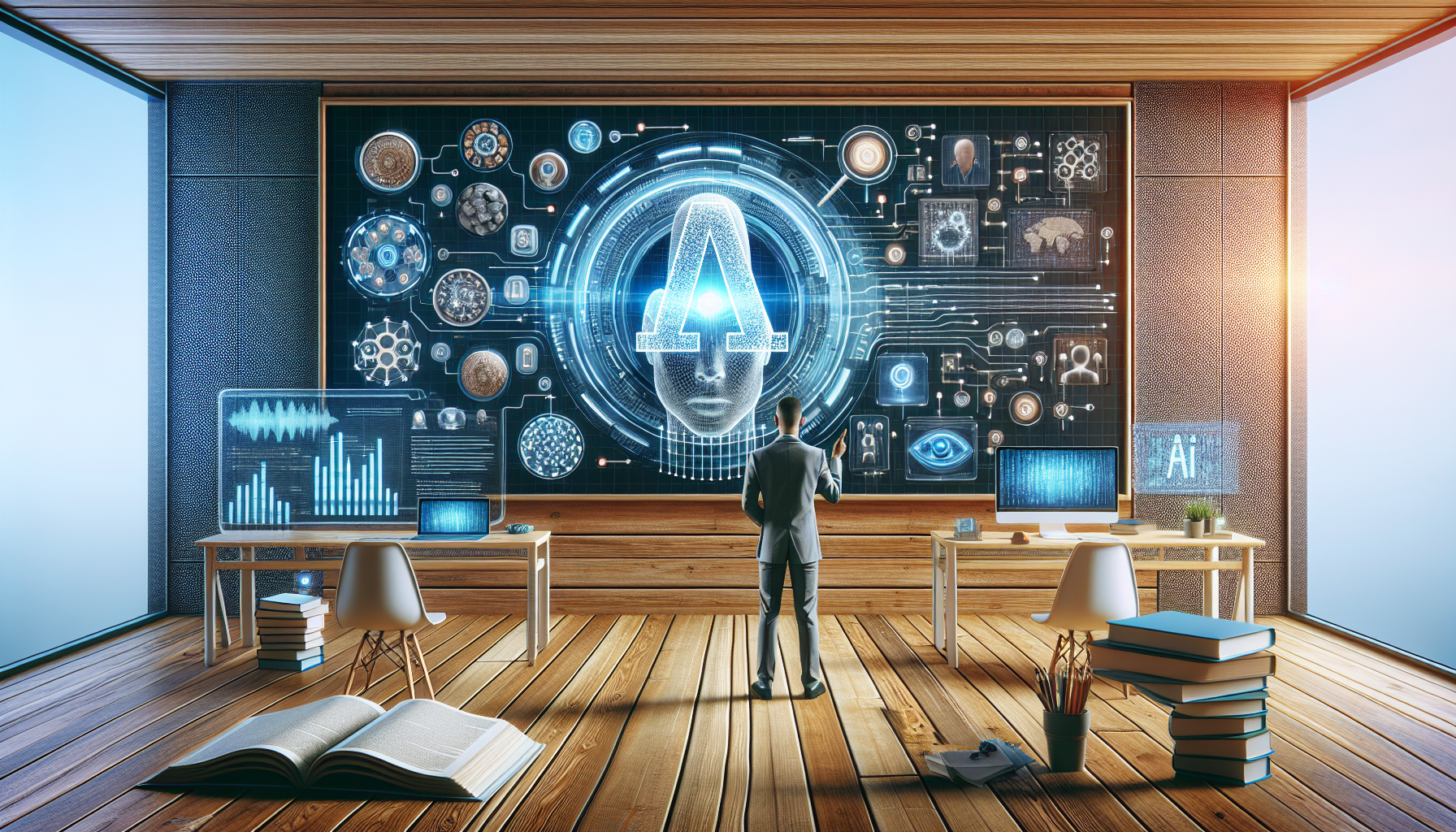
Smart Homes and AI: A Case Study on Enhancing Everyday Living
November 7, 2025
In the heart of a bustling suburban neighborhood, the Johnson family home stands as a testament to how artificial intelligence can seamlessly integrate into daily life, transforming routine activities into efficient, personalized experiences. This case study delves into the Johnson family's journey, providing a window into how AI-driven smart home technologies redefine modern living.
The Johnsons, a family of four, decided to incorporate AI into their home not out of necessity, but from a desire to optimize their busy lives. They began with a central AI hub that serves as the brain of their smart home, connecting to various devices and systems throughout the house. This central system learns from the family's patterns, preferences, and routines, adapting over time to offer increasingly personalized assistance.
One of the most impactful changes observed by the Johnsons is in household energy management. The AI system intelligently regulates heating, cooling, and lighting based on occupancy and time of day, significantly reducing energy consumption. For instance, the AI dims or turns off lights in unoccupied rooms and adjusts the thermostat based on weather forecasts and individual room usage, leading to a noticeable decrease in utility bills.
Security is another area where AI has made a substantial difference. The Johnsons' home is equipped with intelligent surveillance cameras that not only record footage but also analyze it in real time. The AI distinguishes between familiar and unfamiliar faces, alerting the family only when necessary. This reduces false alarms and provides peace of mind, especially when the parents are at work and the children are alone at home.
Daily routines, too, have been transformed. Morning activities, often a chaotic affair, have become streamlined. The AI system's integration with the kitchen appliances means that coffee starts brewing as soon as the first family member rises, and the refrigerator reminds them when groceries need replenishing. These small automations collectively save time and reduce stress, allowing the family to focus on more meaningful interactions.
Entertainment and home management have similarly been enhanced. The AI curates personalized playlists or suggests new shows based on the family's viewing habits, creating an immersive media experience. Moreover, the system manages mundane tasks like scheduling maintenance and reminding the family of upcoming appointments, which ensures that nothing slips through the cracks.
One of the lesser-known benefits that the Johnsons have discovered is the AI's ability to assist with health and wellness. The smart home system is equipped with biometric sensors that monitor vital signs and physical activity levels. This data is used to provide health insights and reminders, such as encouraging the family to stay hydrated or to incorporate more physical activity into their routine. The AI even suggests meals based on nutritional needs and dietary preferences, contributing to the family's overall well-being.
However, the integration of AI into their home is not without its challenges. Privacy concerns and data security remain at the forefront of the family's considerations. The Johnsons have taken measures to ensure that their data is protected, opting for systems with robust encryption and the ability to operate offline when necessary. Their experience underscores the importance of choosing reliable AI systems and being vigilant about data management.
The Johnsons' case illustrates the profound impact that AI can have on everyday living. It highlights the potential of smart home technologies to address practical concerns while also enhancing quality of life. The adaptability of AI systems means that they can be tailored to meet the specific needs of any household, offering a glimpse into a future where homes are not just shelters, but active participants in their inhabitants' lives.
As AI continues to evolve, questions about its role in our personal spaces become increasingly relevant. How will these technologies further transform the way we interact with our living environments? Can AI-driven homes foster greater sustainability and improve our overall quality of life on a broader scale? These questions invite exploration into the limitless possibilities of smart homes and the future they promise, challenging us to rethink our relationship with technology and its place in our daily lives.


